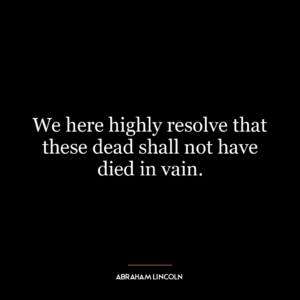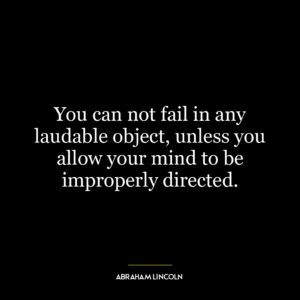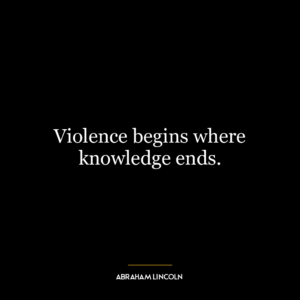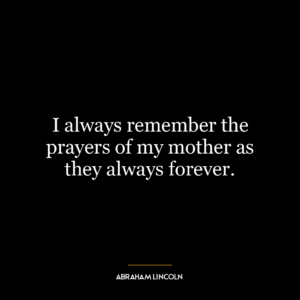This quote suggests that individuals who claim to have no vices or faults often have very few virtues or positive qualities as well. It implies that our flaws and mistakes are integral to our character development and moral growth. They are the catalysts that push us to improve and evolve. Without them, our virtues might be minimal or stagnant.
The quote also underscores the concept of balance in human nature. It suggests that virtues and vices coexist in a person, and it is this combination that makes us human. It is a nod to the idea that nobody is perfect, and that our imperfections can, paradoxically, be a source of strength and virtue.
In the context of today’s world, this quote can be applied in various ways. In the realm of personal development, it is a reminder that acknowledging and understanding our flaws is a crucial step in self-improvement. It encourages us to embrace our imperfections rather than deny them, as they are often the driving force behind our personal growth.
In a broader societal context, this quote could be interpreted as a critique of the often unrealistic standards of perfection that society imposes. The pressure to appear flawless can prevent individuals from acknowledging their vices, hindering personal growth and authenticity. The quote suggests that it is only by accepting and working on our vices that we can develop our virtues and become well-rounded individuals.
Moreover, in leadership and management, this quote could be used to emphasize the importance of a balanced approach. Leaders who acknowledge their vices are often more relatable and effective, as they understand the value of learning from mistakes and the process of continuous improvement.
In conclusion, this quote is a reminder of the importance of balance, the value of our imperfections, and the role they play in our personal and moral development. It encourages us to embrace our vices as opportunities for growth and to see them as the catalysts for our virtues.















